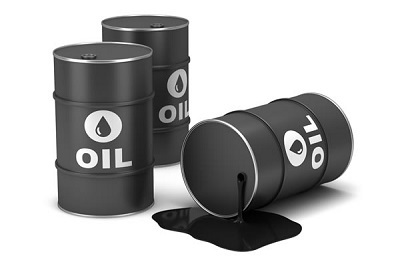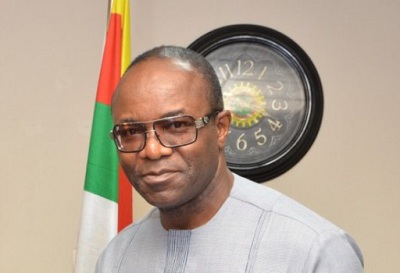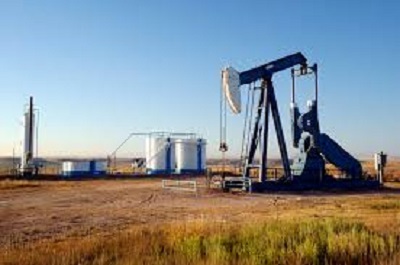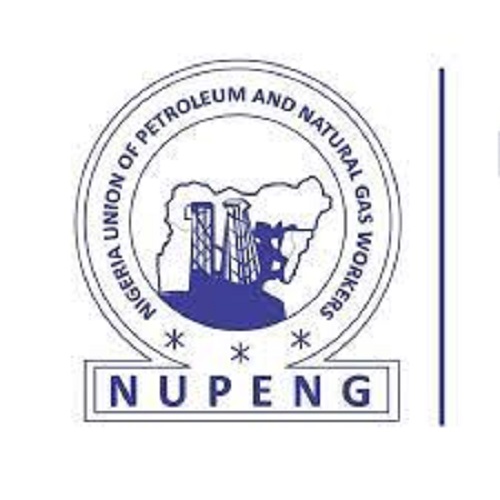IOCs delay $58.4bn oil, gas projects in Nigeria
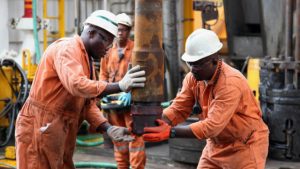
A number of oil and gas projects valued at $58.4bn are facing an uncertain future as international oil companies operating in the country have failed to sanction them several years after they were announced.
Industry experts said the regulatory and security challenges in Nigeria, as well as the slump in global oil prices, had put a damper on the IOCs’ appetite to take final investment decisions on the projects.
As of the end of the first half of 2019, there were 46 oil projects under development across sub-Saharan Africa, according to the Africa Energy Outlook published by Africa Energy Chamber last month.
“Nine of these (projects) are planned (reached the FID), the rest (37) have been announced, with varying prospects for reaching the FID in the near term. Nigeria accounts for half of all these projects, with Angola being the second most active market, followed by Chad,” it said.
In Nigeria, projects that have not reached the FID include Shell’s $9.7bn Bonga South-West/Aparo, which would add 143,274 barrels per day in extra crude production capacity at its peak flow.
Bonga South-West/Aparo has the potential to boost Nigeria’s daily production by nearly 10 per cent and would be the largest major deepwater project since Total’s Egina, which came on stream in 2019, according to the report.
The AEC noted that Shell invited technical bids for phase 1 of the project in February this year, adding that the development would include a new floating froduction, storage and offloading vessel and 20 deepwater wells.
“However, the $10bn project has encountered difficulties. The tendering process has been delayed twice already. While Shell and its partners are still in negotiations with the government over production sharing contracts, the FID is, therefore, unlikely before the second half of 2020,” it said.
Other projects without the FID are ExxonMobil’s $6.2bn Bosi (126,784 bpd), Chevron’s $8.2bn Nsiko (95,685 bpd), ExxonMobil’s $8.2bn Owowo West (138,301 bpd), ExxonMobil’s $6.1bn Uge-Orso (99,532bpd) and Nigerian Agip Exploration Ltd’s $9.2bn Zabazaba (146,739 bpd).
The AEC described the investment outlook for gas in sub-Saharan Africa as very positive, with 24 projects currently under development.
It said the IOCs had committed $44bn in capital expenditure to the region, with Mozambique accounting for nearly 80 per cent of that investment.
“Nigeria will see more modest investment of around $1.7bn but there are multiple projects worth nearly $5bn (led by Eni/Shell) that could achieve the FID in the coming years and expand its production capacity. Of the 14 announced projects, the Mamba Complex LNG project in the Rovuma Basin in Mozambique is the most significant,” the report said.
Announced gas projects that have not been sanctioned include Shell’s $1.5bn Gbaran Phase 3, Eni’s $1.1bn Samabri-Biseni and Shell’s $1.2bn Uzu.
According to the US Energy Information Administration, the statistical arm of the US Energy Department, several planned deepwater projects in Nigeria have been repeatedly pushed back because of regulatory uncertainty caused by the delay in passing the Petroleum Industry Bill.
“Regulatory uncertainty has resulted in fewer investments in new oil and natural gas projects, and no licensing round has occurred since 2007. The amount of money that Nigeria loses every year from not passing the PIB is estimated to be as high as $15bn,” the EIA said.




